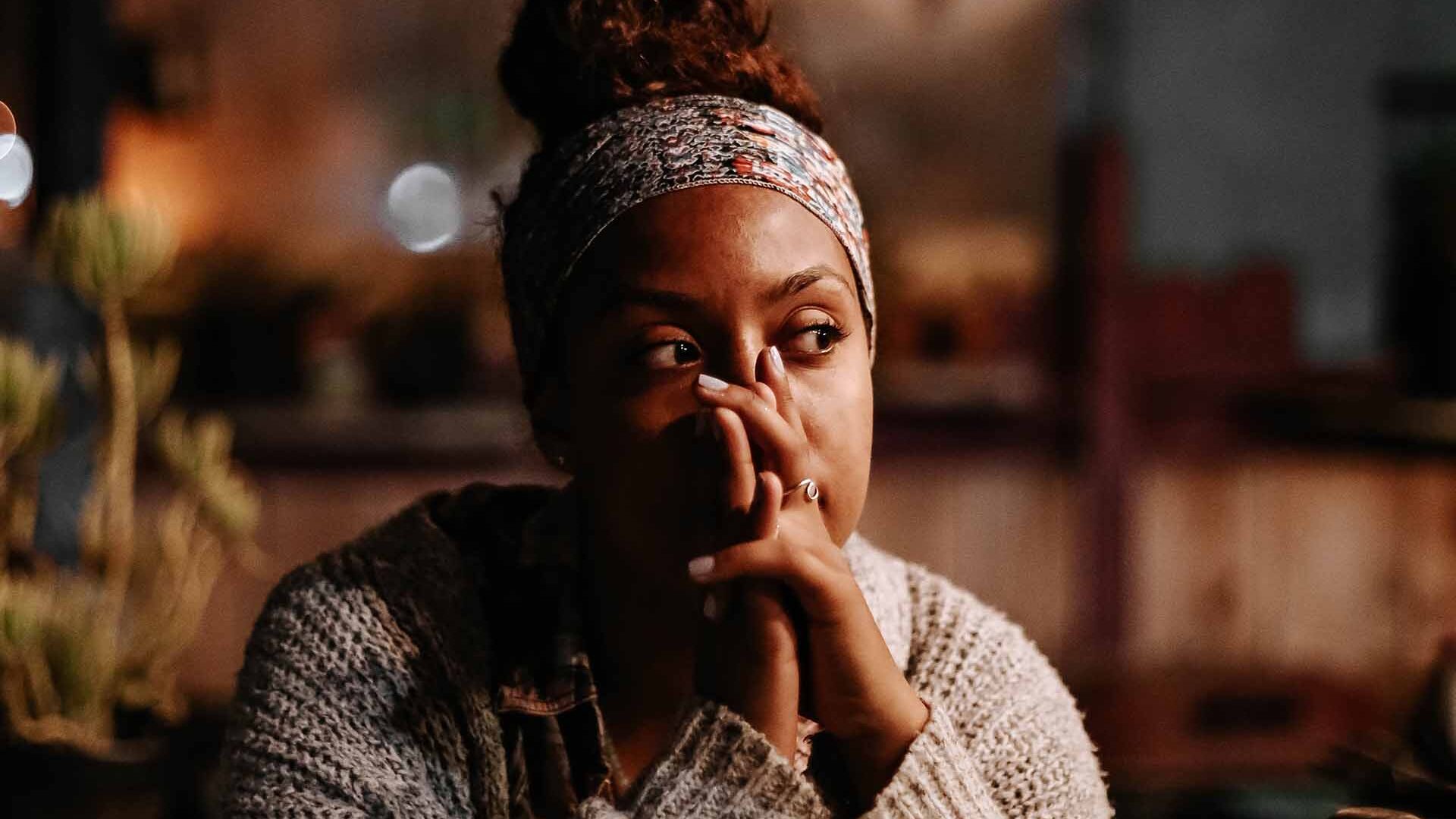Habits are repetitive actions or behaviors that are performed regularly and tend to occur subconsciously. They are often formed as a result of consistent repetition and can be both positive and negative in nature. Examples of positive habits include exercise, regular reading, and practicing mindfulness, while negative habits include smoking, procrastination, and excessive screen time. Habits can be difficult to change, but with effort and a plan, it is possible to develop new habits and replace old ones.
Habits are formed through a process called habituation, which occurs when the brain learns to associate a specific behavior with a particular context or cue. The process of habit formation typically involves three stages:
- The cue: This is the trigger that initiates the behavior, such as the alarm clock going off in the morning, which cues the behavior of getting out of bed.
- The routine: This is the actual behavior or action that is performed, such as brushing your teeth or having breakfast.
- The reward: This is the positive outcome or pleasure that reinforces the behavior, such as the feeling of a clean mouth after brushing your teeth or the energy boost after having breakfast.
As the behavior is repeated, the brain begins to learn the association between the cue, the routine, and the reward, making it more automatic and easier to perform. Over time, the behavior becomes ingrained as a habit and can be difficult to change.
Habits can have a significant impact on the brain and its functioning. When a behavior is performed repeatedly, the brain creates neural pathways that are dedicated to that specific behavior, making it easier to perform the behavior in the future. This is known as neuroplasticity, which is the ability of the brain to change and adapt in response to new experiences.
The formation of habits also reduces the need for conscious decision-making and attention, allowing the brain to focus on other tasks. This is why habits can be performed on autopilot, without much thought or effort.
However, habits can also have negative effects on the brain. For example, negative habits such as overeating, smoking, or excessive alcohol consumption can damage the brain’s structure and function over time, increasing the risk of various mental and physical health problems.
Additionally, research has shown that habits can be hardwired in the brain, which means that once a habit is formed it can be difficult to change, even if the person wants to because the brain has to relearn the new behavior. This is why many people find it challenging to change their habits, even when they are aware of the negative effects on their lives.
There are several strategies you can use to change a habit:
- Identify the cue, routine, and reward: The first step in changing a habit is to understand what triggers the behavior, what the behavior is, and what the reward is for the behavior. Once you have identified these elements, you can work on changing the routine or finding a different reward that will satisfy the same need.
- Make a plan: Once you have identified the cue, routine, and reward, make a plan to change the behavior. This might include setting a specific goal, breaking the habit down into smaller steps, and creating a schedule to follow.
- Practice mindfulness: Being mindful of your habits and the triggers that lead to the habit can help you to be more aware of the habit and to make a conscious decision to change it.
- Replace the habit: Instead of trying to eliminate the habit completely, try replacing it with a healthier or more positive behavior. For example, if you want to stop smoking, you can try replacing that habit with exercise or meditation.
- Seek support: Changing a habit can be difficult, so seek the support of friends, family, or a professional. Having someone to hold you accountable and to encourage you can make a big difference.
- Be patient and persistent: Changing a habit takes time and effort. Don’t be discouraged if you slip up, just stay persistent and keep working at it.
Not all habits are formed in the same way, and some habits might have more complex cues, routines, and rewards. It’s important to note that everyone is different and what works for one person may not work for another, it’s also important to consider that some habits may take longer to change than others, and it may require more effort and patience. Additionally, some habits may require professional help, such as therapy or medication, to change.
creating good habits can have a positive impact on various aspects of one’s life, including physical and mental health, productivity, self-discipline, and personal development. The act of consistently following through with good habits can help build self-discipline and self-control, making it easier to stick to other positive habits and overcome temptations.







